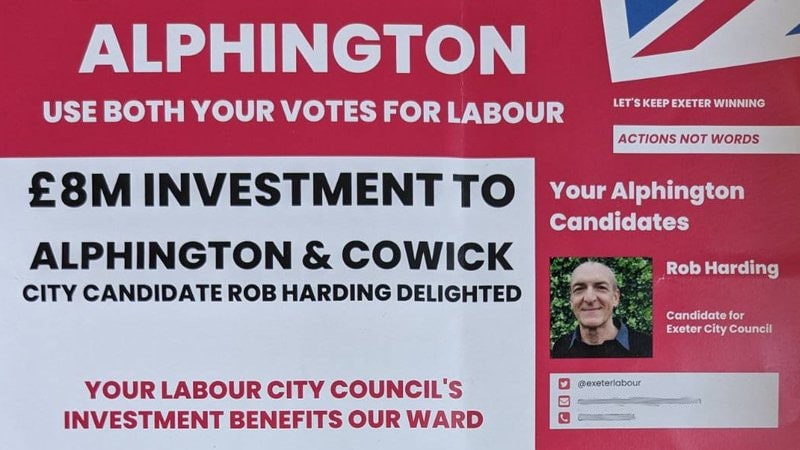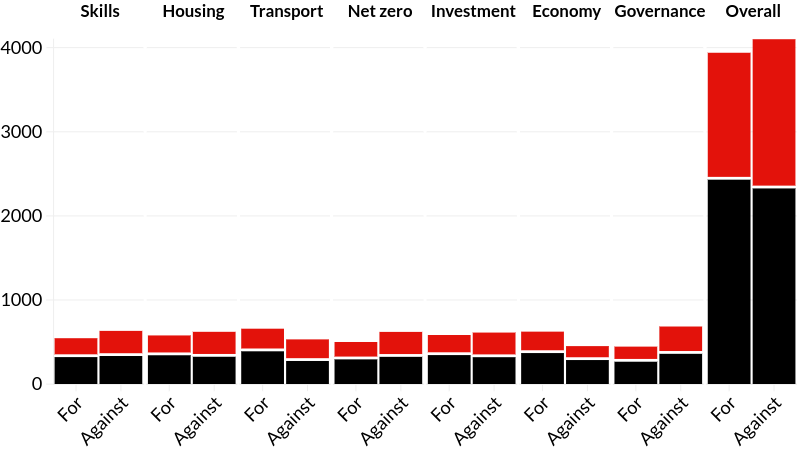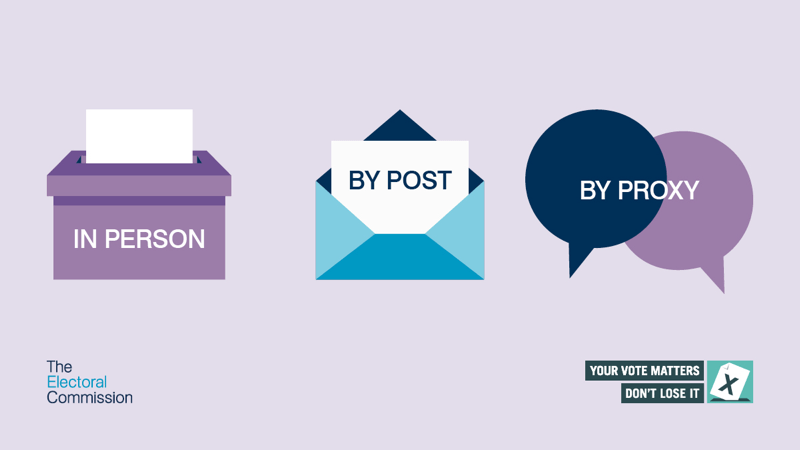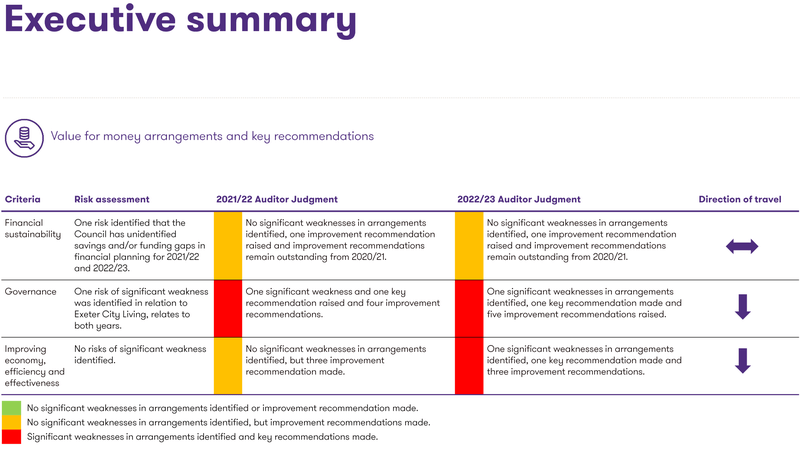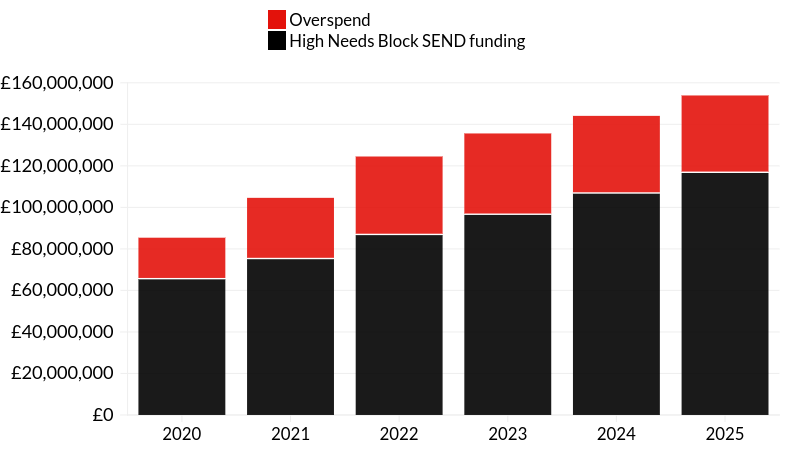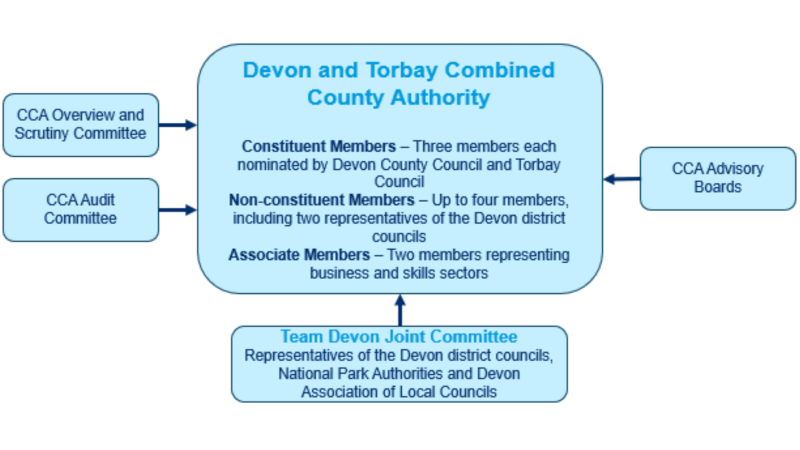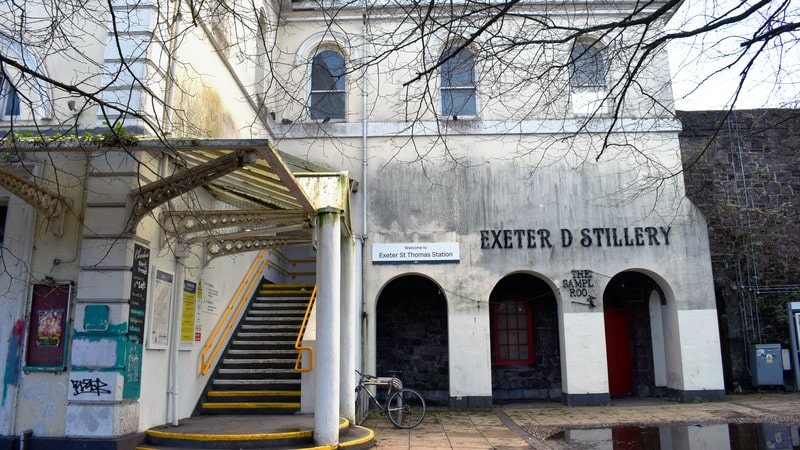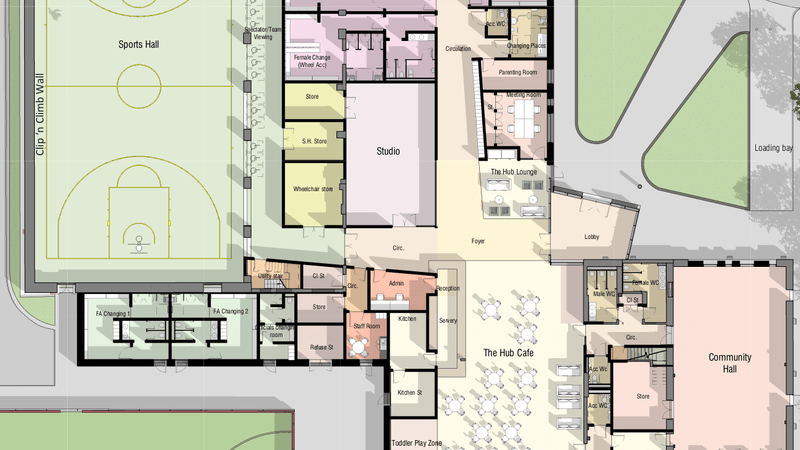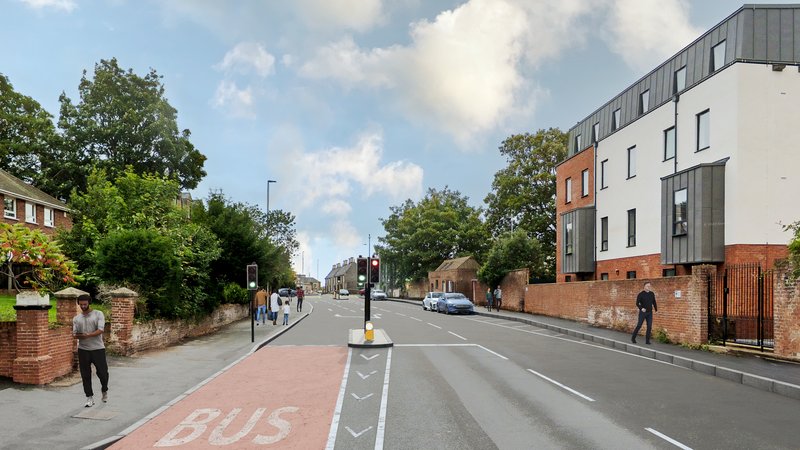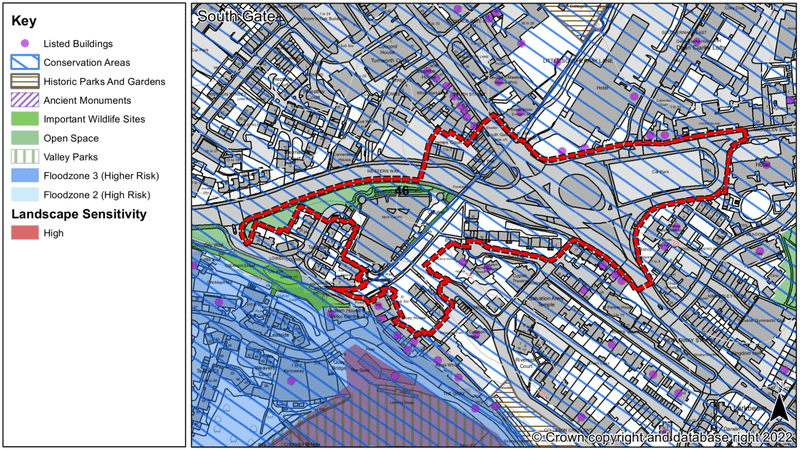Exeter City Council plans to impose fees increases of up to 77% on the 1,500 plot holders who garden and grow on its 26 allotment sites in an apparent attempt to make a profit from allotment provision.
It began a public consultation on its plans last week which does not comply with its own consultation charter and has provided plot holders with an incomplete picture of its proposals that selectively cites an independent sector survey.
A delayed report on the council allotment service which is being presented at a scrutiny meeting tomorrow evening fails to mention the fees increases, or that a consultation is even taking place, and also omits key findings from the independent survey.
It does make clear, however, that the council has not properly considered the potential for allotment self-management, and that the council itself is the principal barrier to cost-effective allotment provision in Exeter.
The council also says it plans to increase the number of allotments in the city by using planning policy to get property developers to foot the bill. But the high density Haven Banks development it recently approved, which would have included three-quarters of an acre of allotments under the policies the council cites, will provide no allotment plots at all.
Exeter City Council consultation charter
The city council’s consultation charter says it “sets out our commitment to meeting best practice in consultation” and that it “covers all consultations”. However its consultation on its plans to increase allotment fees does not comply with several of the charter’s provisions.
It says: “All our consultations will be published on the council’s website so that residents and stakeholders can easily see what is up for decision and how to participate.” The allotment fees consultation has not, however, been published on the council website consultation page.
It says: “We will allow enough time for consultees to consider and respond to the consultation and the information we have provided.” The council has told allotment holders about the fees consultation, but it did not do so until after the consultation period began.
It says: “Wide scale public consultations, e.g. citywide or large parts of it, should run for a period of not less than six weeks.” The council’s allotments cover approximately 100 acres of land on 24 sites spread across Exeter, but the consultation only runs for three weeks, from 26 January to 16 February.
It says: “Consultation plans will be produced for all consultations. They will include what we are consulting about, and why, who we are consulting, how we will consult them, the timetable for the consultation, who will make the final decision and how we will provide feedback.” No such plan has been published and the consultation has not been approved by councillors at a public meeting.
The charter also says: “We will publish results detailing the responses received, and explaining how we have taken these into account in arriving at a decision.” In the letter it sent to allotment holders the council only says that the allotment consultation results “will be discussed at the next allotment forum”. The date of this forum, it says, is “to be confirmed”.
Proposed allotment fees increases, sent to allotment holders on 27 January
There are currently 1,533 allotment holders in Exeter. Their plot fees are calculated according to allotment size: a typical plot is 250m2, or ten rods. Plots on sites without water cost less.
A discounted senior citizens rate is available, but only for existing tenants who were eligible for the discount before September 2014, and only for the first ten rods. After this, full fees apply.
The council letter to allotment holders says it plans to increase fees in 2024-25 by “£3 per rod on top of inflation”. It does not explain how large this increase would be or how big a departure it is from its previous year-on-year fee increases.
Fees for sites with water would rise by 41%, for sites without water by 51% and the senior citizens rate would rise by 77%. The average fee increase across all three would be 57% compared with the current charges.
The council has increased allotment fees consistently by above the rate of inflation for the past eight years, but the rent rises it plans for 2024-25 are like nothing that has gone before.
The justification it offers in its letter to allotment holders is that it must cut its budgets “by £6.6 million by 2026”. This is not what the council’s chief finance officer said in his budget report earlier this month.
Its letter continues: “To achieve this, subsidised services must become cost neutral. To end current subsidies, allotments must find an additional £25,000 in income or in savings.”
The council fails to mention that not all its subsidised services are equal. St Sidwell’s Point leisure centre alone required a subsidy of nearly £1.2 million last year, without including the cost of capital repayments or interest on the debt it created.
A council review document that was also sent to allotment holders says increasing allotment fees is “a last resort to achieve a cost-neutral service.”
It adds: “To ensure a reasonable and proportionate approach the service carried out investigations with a view to reducing costs or enhancing income in other ways, however investigations were unable to identify alternative options, whilst retaining leaseholder value.”
The council says it considered four options. These include increasing income by dealing with empty plots more quickly, which it said would not be “cost-effective”, and by increasing the number of plots it could offer to meet significant demand for allotments across the city.
It says it does not own any land that is suitable for this purpose that could be “safely turned into allotment space”, and that buying more land at commercial prices would also not be a “route to a cost-neutral service”.
Other options it says it considered include reducing allotment running costs by reducing services such as waste disposal and toilet provision, which it concludes would only offer a “low level of savings”, and transferring responsibility for running allotments to the allotment holders themselves via some form of self-governance.
It says this “would not result in any sustainable savings” for the council because “it would create significant income deficits”. It does not explain what these deficits would be were the city’s allotments managed by the gardeners and growers themselves.
The council document that was sent to allotment holders also says “a market review was carried out”. It does not say who by.
It cites this review to say: “Notably, 28% of authorities are increasing allotment fees over the next five years”, but does not say by how much, and that: “22% have increased above inflation to reduce or end subsidies and achieve cost neutrality”, without saying how many councils have simply reduced allotment subsidies and how many have actually ended them.
It does say that “45.65% charge over £70 a year for a 10-rod allotment” but does not point out that this means 54.35% charge less for a plot this size.
It also admits that some councils charge as little as £17 per annum for their allotments, without further comment.
The council adds that it has “reviewed 27 different Southwest authorities” and found a “broad range of lease fees operated throughout Devon” without offering any more detail.
It nevertheless concludes that the increases it wants to impose will mean its fees “will remain within a comparable price range for Devon district allotments”. It does not explain what “a comparable price range” actually means.
Allotment fees and charges review document, sent to allotment holders on 27 January
Opposition councillors have been trying to get the council’s allotments service onto a scrutiny committee agenda since November 2022.
The secretive council Scrutiny Programme Board, which is also complicit in other obstructions of local democracy, has finally allowed the request at a scrutiny meeting being held tomorrow – a week after allotment holders were told about the council fees increases.
The report being presented at tomorrow’s meeting says the council currently subsidises its allotments service to the tune of £15,000. Income of £54,000 does not cover £69,000 in costs, of which £42,000 is wages (for 1.5 FTE).
It says the subsidy is expected to increase to more than £25,000 in 2024-25 because of “universal cost increases”. It does not elaborate further.
It is not possible to be precise about about how much additional income the fees increases the council is proposing would bring in without knowing the exact breakdown of plot sizes and charging bands for all 1,533 allotment plots, and no detail has been provided.
However the 57% average fee increase would bring in an additional £30,625 in income based on this year’s figures, nearly £6,000 more than the council says it needs to break even.
This suggests that the council is aiming for a surplus. In other words it hopes to make a profit from the city’s allotment gardeners and growers.
The scrutiny report doesn’t mention the planned fee increases or that the council has begun a consultation on them. All it says is: “An investigation to identify opportunities to reduce the cost of the service or increase income to manage subsidy levels remains ongoing.”
It does say, however, in contrast with the claims in the review document sent to allotment holders, that “Exeter City Council allotment charges cannot be directly comparable or competitive with other allotment providers” across Devon.
It says this is because most Devon allotments are managed by parish councils, which can offer plots at lower fees than the city council.
This suggests that the cost of the city council’s allotments management is the principal barrier to cost neutrality, not the cost of allotments management per se. This is reinforced by the council’s admission that wages make up two thirds of its expenditure on the service.
APSE 2023 local authority allotment services survey report, selectively cited by city council
The report being presented at tomorrow’s scrutiny meeting also cites the Association for Public Service Excellence (APSE) 2023 local authority allotment services survey that is selectively cited in the review document sent to allotment holders.
Like the review document, the scrutiny meeting report omits the APSE survey finding that 68% of local authorities subsidise their allotment services.
Both council documents also omit the survey finding that “there is likely to be little change in allotment cost other than inflationary increases” in 2024-25.
The survey report adds: “offering concessions may not be economically viable in terms of managing service costs but this seems to be secondary to the health and well-being and environmental benefits allotments bring”.
It says allotments provide a wide range of benefits including “healthier lifestyles, promoting biodiversity, protecting green spaces, reducing air miles through local food production, reducing food costs, providing valuable soakaways in times of heavy rain as well as having a value to pollinators and other wildlife.”
It adds that “allotments are also seen as having considerable social cohesion benefits, where all sectors of the local community can engage in a common interest where skills and knowledge can be exchanged and friendships forged.”
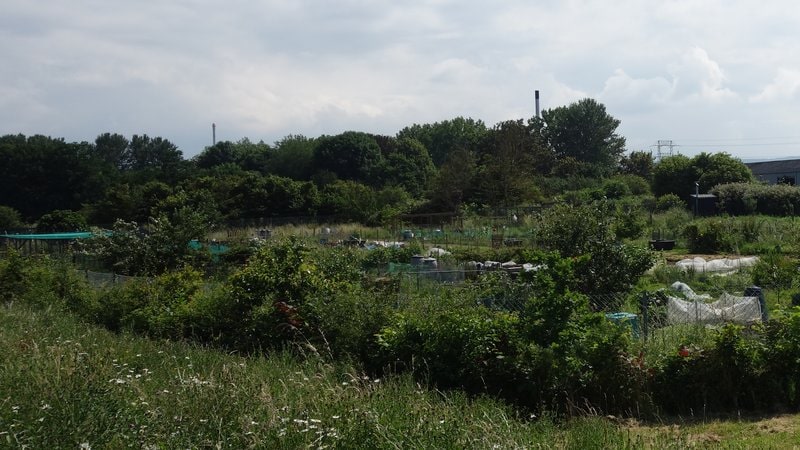 Riverside Valley Park allotments
Riverside Valley Park allotments
What the city council scrutiny meeting report does make clear, however, is that the potential for allotment self-management in Exeter has not been properly considered.
A small charitable body could excel in this scenario, with its eligibility for independent funding to help deliver the numerous benefits allotments provide and its potential for health and well-being partnerships with agencies such as the NHS and Sport England.
Fourteen of the council’s 24 allotment sites are already part-managed by four allotment associations. These oversee the letting of new plots, carry out compliance inspections and meet with prospective tenants. Additional volunteers perform similar duties on the other ten non-association allotment sites.
The associations and volunteers currently receive the one-off admin fees that the council charges new plot holders in return for taking on these responsibilities.
With the financial roots for self-management of all 24 allotment sites already planted, the creation of a sensible independent governance mechanism appears not to require the quantum leap the council claims.
As the APSE report says, “many allotment sites are now moving to self-management models, often with the continuing support of the local authority”.
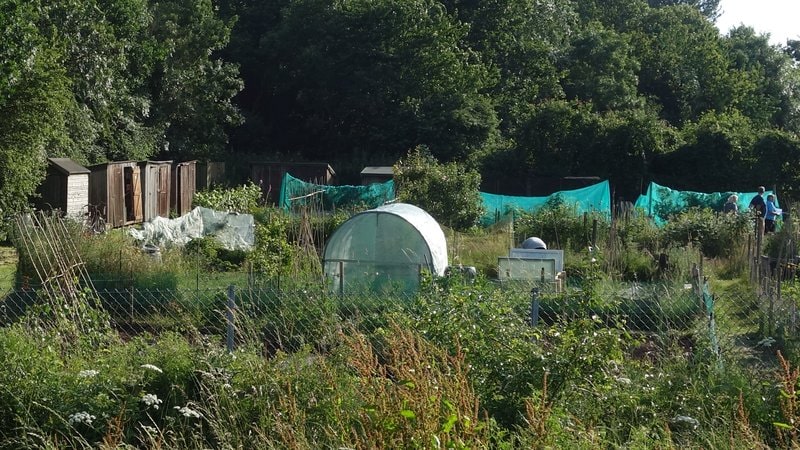 New Haven Field allotments
New Haven Field allotments
And Exeter City Council is supposed to be committed to Asset-Based Community Development. Its corporate plan says it is “taking a lead in supporting communities through an Asset-Based Community Development approach” by “investing in partnerships”.
When it comes to allotments, however, it is instead saying that self-governance is “not considered feasible within the time constraints or given the lack of interest to date on behalf of allotments”.
In other words it is just too difficult, it’s been left too late and no-one is interested in managing allotments. The review sent to plot holders simply ignores the four allotment associations that are already responsible for aspects of managing fourteen of the city’s allotments.
There is no shortage of demand for allotments in Exeter: 686 prospective plot holders reaffirmed their interest in a recent waiting list review. At the same time plot churn, the rate at which new tenants take on leases, is running at only 10% of all plots each year.
 Haven Banks redevelopment scheme
Haven Banks redevelopment scheme
The APSE survey also found that 54% of local authorities plan to increase the number of allotments they provide, an increase of 12% on the previous year. Three quarters say they intend to buy land to do so.
Exeter City Council would also say it plans to increase allotment provision, but instead intends to do so by getting property developers to foot the bill. It says that this way, “future provision can be rationalised and prioritised where appropriate”.
The full draft of the new Exeter Local Plan includes policy IC4: “Proposals for residential development will be required to provide a range of open space in accordance with the Fields in Trust benchmark guidelines and provision for allotments.”
However this has not happened at Haven Banks, the first development to be approved under the Liveable Exeter principles that the council says are at the heart of this plan and which were cited repeatedly by council officers during the meeting that approved the development.
The Fields in Trust benchmark guidelines say just under three-quarters of an acre of allotments should be provided for every 1,000 people.
The high-density Haven Banks development is designed to accommodate more than 1,000 tenants. The planning policies the council cites say it would have set aside three-quarters of an acre of its 4.2 acre site for allotments, or covered the cost of providing them nearby.
But the planning officer’s report confirms that neither private gardens nor allotments are provided by the development, and the council recently admitted that it has opened no new allotments in the past twelve years.
The council is inviting comments on its plans to increase allotment fees by email to [email protected] until 16 February.
Its consultation charter says that “all members of the public and other stakeholders are welcome to respond to a consultation whether or not they have been specifically invited to do so”.
UPDATE – 6 February 2024
At last Thursday’s scrutiny meeting the council said it is operating the allotment fees consultation in accordance with the Gunning Principles on which its consultation charter is based. It appeared that care was taken not to say that it is operating the consultation in accordance with the consultation charter itself.
It said it could not have mentioned the consultation in its report to the committee as the consultation had not been launched when the committee agenda was published, just over 24 hours earlier. Apart from the consultation launch date being entirely in the council’s gift, the council normally publishes details of consultations in advance, in accordance with clause twelve of its charter, for approval at public meetings.
It also said the consultation is for allotment holders only, notwithstanding clause five of the charter, and that it is “targeted” because its planned fees increases are not citywide, although this is only relevant to clauses four and eleven and not to clauses three or twelve.
At the meeting the council said that allotment fees would increase by 53% “at most, for all allotment holders, across the board”. Its published 2023-24 fees and charges says that allotment fees for sites with water are £8.35 per rod, those without water are £6.65 per rod and senior citizens who qualify for the reduced rate pay £4.20 per rod (for the first ten rods).
The letter the council sent to allotment holders says that sites without water would increase to £11.80 per rod, sites without water to £10.25 per rod and the qualifying senior citizens rate to £7.45 per rod. These are year on year increases of 41%, 51% and 77% respectively, with an average increase across all three of 57%.
The council also said, at the meeting, that it aims to raise “approximately £20,000” from the fees increases (its 2024-25 budget proposals say £20,450) but added that the budget was “indicative” and that it may raise more. The letter that was sent to allotment holders says £25,000.
It described its planned fees increase as a “relatively small amount” that represented “really good value for money”, apparently unaware of how challenging the cost of living crisis is for some Exeter residents.
The council was also emphatic that allotment self-management would not be achievable in Exeter in the next two years, and that there was only one site that had showed any interest in this option.
Committee members questioned whether allotment self-management would be viable because of the politics of volunteer-led allotment associations, although the only explanation that was provided for the apparent viability of volunteer-led allotment self-management in most of the rest of Devon is that Exeter has more allotments and so higher operational costs.
One Executive committee member said that that the allotment fees increases consultation “could be a really positive experience” for allotment holders, and encouraged others councillors to try to impress this on residents who might write to them about the issue.
On the prospect of city council planning policy getting property developers to provide more allotments, all those present were more circumspect, citing continued conflicting priorities over local land use and viability limitations. No-one mentioned St Sidwell’s Point.
